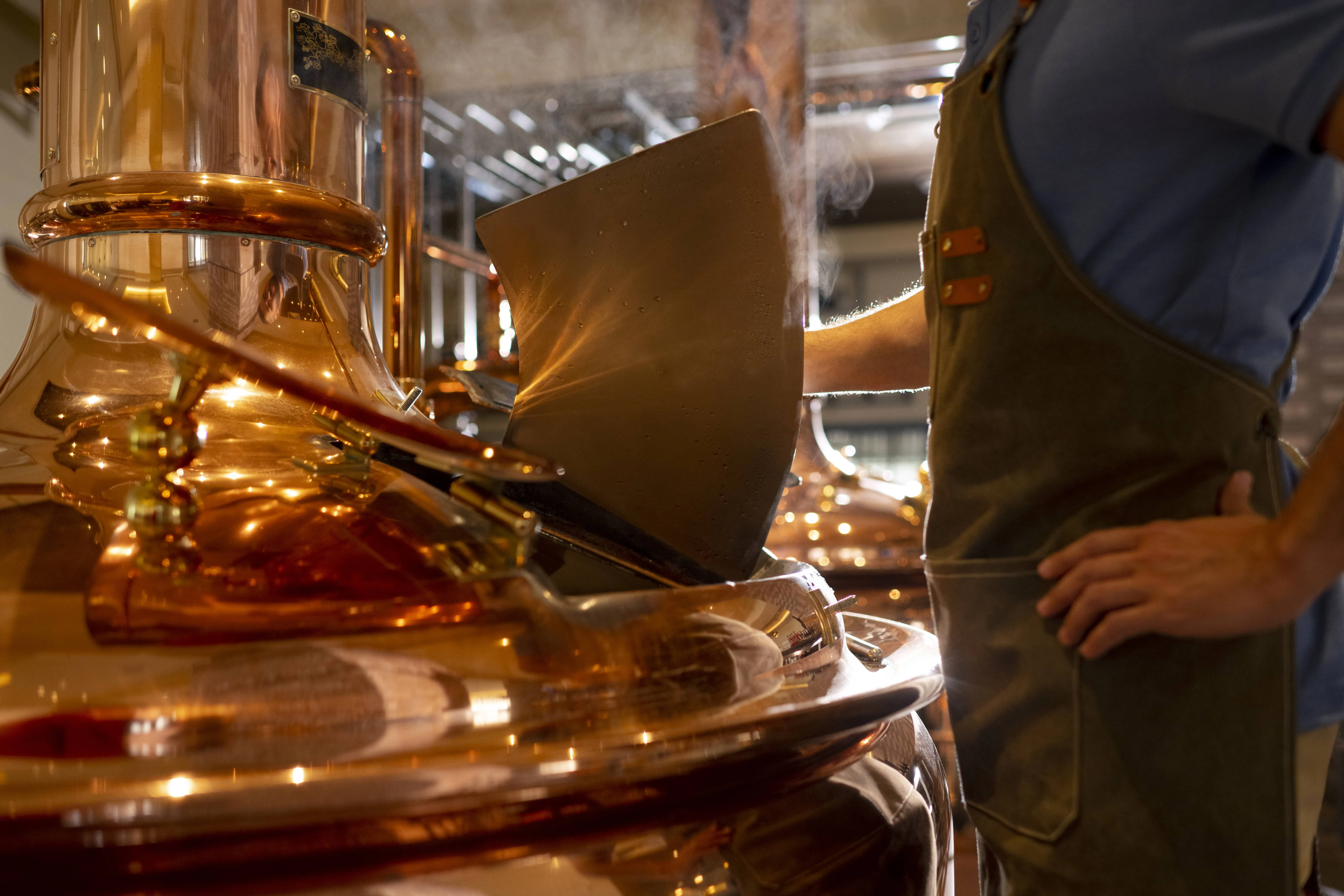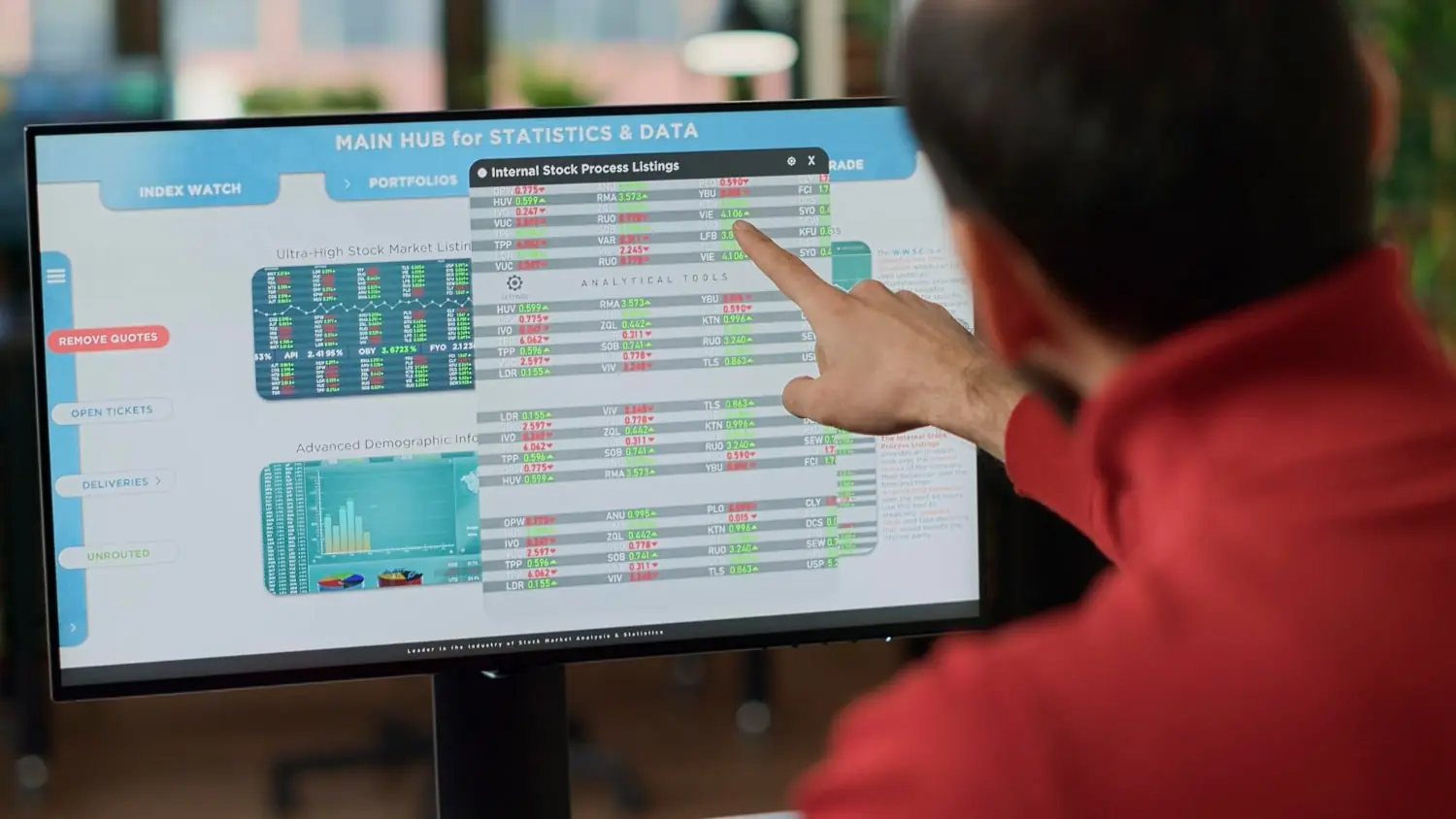The craft beverage industry is evolving rapidly. Amidst an increasingly competitive brewery market, brewers are branching out into distilling spirits as a new business opportunity.
It’s an undeniable opportunity thanks to overlaps and natural fits in the production process and new audience opportunities. It can also come with some potentially significant challenges that are just as important to consider as you optimize and expand your brewery operations.
When done right, expanding into the distillery market can be a vital step in keeping your brewery thriving. From reasons why breweries are moving into the distillery business to challenges you may face, learn more about keeping up with the competition in this guide.
The Growing Trend of Brewstilleries
The craft distillery market is growing rapidly at nearly 30% every year in the United States alone. It’s no surprise that breweries are jumping onto the trend.
Pioneered by larger brands like Dogfish Head, this transition is becoming popular among breweries of all sizes. Even local news stations are reporting on this trend. Brewing companies have much to gain from the expansion, including taking advantage of the craft spirits segment, which is seeing more demand than craft beer. In other words, the market opportunities are ripe for growth.
5 Reasons Why Breweries are Moving into the Distillery Business
Why would a brewery just looking to find its footing, or already having established its audience, expand into a new market? As it turns out, the reasons are plentiful. External market forces, natural production overlaps, and new audience opportunities can all play a role.
Reason 1. An Increasingly Competitive Craft Beer Market
It’s becoming more difficult to succeed in a craft beer market that’s already saturated. In some of the most crowded states, you can find as many as 15 craft breweries for every 100,000 residents. Meanwhile, overall demand is slowing down, leading to fewer opportunities to grow and expand.
Related: 8 Ways to Transform a Brewery with the Right Inventory Software
Against that backdrop, expanding into a new, less saturated market makes natural sense. In addition to rapidly growing industry growth, distillery profit margins can reach upwards of 40%, making this an enticing field to expand into.
Reason 2. Natural Overlaps in the Production Process
Even the best profit margins would matter little if expanding to a distillery business meant starting from scratch. Fortunately, that’s not the case. Instead, distilling spirits and brewing beer share about 50% of the process, with distilling taking it further but still building on the same foundation. That eases the transition and limits the new equipment needed to begin production.
Reason 3. Similar Inventory Management Opportunities
Similar to the production process overlaps, different craft beverage businesses also share similar inventory processes. Some of the same best practices learned from running a brewery will apply to a distillery as well, including the ability to reorder ingredients at just the right time, keep track of expiration dates, and connect your inventory with your production processes.
Reason 4. Expanding and Diversifying Your Target Audience
Established breweries are familiar with the struggle to attract younger audiences. As consumers reach the legal drinking age, studies show that Generation Z prefers spirits and liquor over beer, further adding to the slower demand and struggle to attract consistent audiences to your brewery.
That same trend also makes it more appealing to expand into the types of craft beverages today’s audiences actually prefer. Becoming a brewstillery, in that sense, represents the best of both worlds: unlocking new and younger audiences without neglecting the craft beer aficionados.
Reason 5. New Creative Possibilities for Brewers
Expanding into different types of beverages also means being able to experiment more. A significant number of craft brewers start their businesses because they love experimenting with flavors and ingredients, creating new recipes in the process. However, when focusing on one type of beverage, that process will always have limitations.
Adopting a new type of beverage into your production unlocks new possibilities for brewers. It’s a bonus for those who are as excited about the creative and experimental aspects of producing delicious beverages as they are about the business side of the operation.
The Challenges of Diversifying the Distillery Industry
Even the natural advantages of this type of expansion don’t guarantee automatic success. Breweries looking to add distilling to their production capabilities have to be mindful of the challenges that others before them have faced. If these hurdles are ignored, the transition could lead to the downfall of the expansion.
Adjusting and Expanding Your Production Processes
While there’s undeniable production overlap, there will remain unique and important differences in the process. Taking a fermented liquid and turning it into more concentrated alcohol will require additional equipment, not to mention the time needed to age the beverage. Expanding into the distilling process requires a significant investment and the ability to adjust and add to your processes.
The Need for New Expertise
Just as importantly, turning your brewery into a distillery also requires the expertise to run those processes. Chances are that most of your brewery’s staff isn’t experienced in distilling spirits and will require extensive training to achieve success. You may even consider hiring someone to oversee the distilling parts of production to ensure that you have internal expertise in place. Keep in mind that while this option is strategically beneficial, it’s another expense to account for.
Remaining Compliant in a Different Regulatory Environment
Due to the higher alcohol content of craft spirits, most countries and states regulate commercial distilleries even more tightly than breweries. Expect to go through a more extensive and detailed licensing process. In addition, you can’t apply for a business license until all of your production facilities and equipment are already in place.
Related: Elevate Operations: The Best Brewstillery Management Software
And that’s before even discussing specific state regulations. In some states, like Massachusetts, you can’t have any overlap between production equipment for your brewery and distillery, which negates a core reason many breweries are making the switch in the first place. Transferring the mash from your brewery to your distillery will require you to consider regulations that may make the process less efficient or convenient.
How to Succeed in Your Distillery Expansion Efforts
The opportunities are as enticing as the challenges are daunting. That makes being intentional about your efforts to expand into distillery operations all the more important. These five steps can help you succeed in your business expansion.
- Get familiar with the regulations. As mentioned above, regulations related to running a distillery can vary drastically depending on your home region. That makes familiarizing yourself with the applicable regulations a vital first step to ensure the move is realistic and to prepare yourself for any setup or licensing.
- Perform an operational review. An understanding of local regulations enables you to evaluate whether your business is set up to make the move. Can you easily add new production capabilities and equipment within those regulations? Do you have the expertise to move into distilling, or can you hire someone within your current budget? The more comprehensive this evaluation is, the better prepared you’ll be.
- Estimate your supply and demand opportunities. Based on your operational review, you can realistically estimate how much you can produce in this new line of business. Just as important is evaluating that capability against potential audience demand. Look at the popularity and competitiveness of your local market to ensure it’s not already saturated.
- Evaluate your financial processes. Adding new types of products can come with several complexities. That’s especially true for accounting and finances, as you might need to keep separate tax and financial reporting needs in mind. Plan for this increased financial complexity to ensure you can handle accounting and bookkeeping according to regulations.
- Consider your inventory possibilities. When expanding into the brewstillery business, you should start thinking about a range of different ingredients. That means not just new warehouse space but different expiration dates, supply chain partners, and more. Only make the move if you can be fully confident that your inventory management processes can handle it.
Finally, the best investment is to have a distillery management software in place that can become and remain your single source of truth related to all parts of your beverage business operations. It should be optimized for the broader industry while maintaining enough flexibility to account for both brewing and distilling needs.
Begin Your Expansion with Efficient Operations
Expanding a brewery to offer craft spirits can be a smart and lucrative decision for many. With higher market demands and greater creative liberties, you can craft a variety of beverages that satisfy a broader target audience. Through strategic planning and a software system optimized for the craft beverage industry, you’ll be off to a good start.
The right software can streamline your operations at every level. Automated processes and reporting, along with better inventory management, can go a long way to easing the transition.Ekos is trusted by beverage makers on six continents. Our craft beverage software is designed for breweries, distilleries, and those expanding into both markets. Optimize your brewery and distillery operations by booking a demo today, and experience the difference an industry-specific solution can make.





